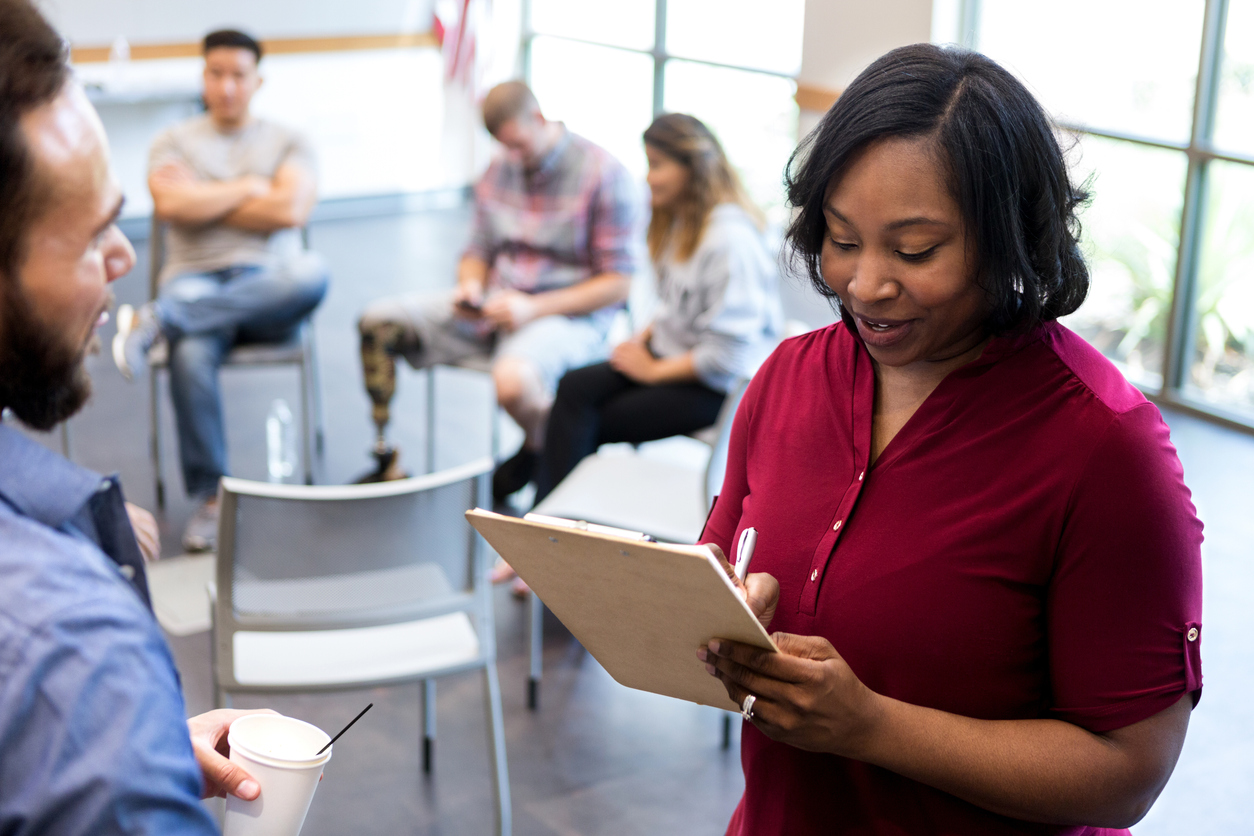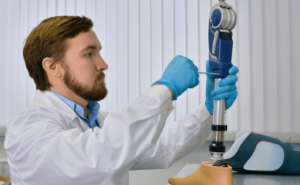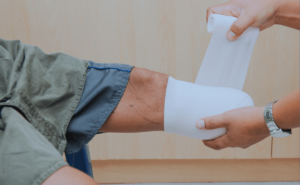Despite much training and care, your doctors, family members, friends, and even therapists may not fully understand your feelings after an amputation. To them, you are coping well — especially after getting a prosthesis.
However, there are challenges that only fellow amputees and amputee support groups understand. They know firsthand what you are dealing with, and they can offer you a new perspective as you heal. If you are facing amputation or are a new amputee, joining an amputee support group will be extremely helpful as you work toward your recovery.
The benefits of joining an amputee support group
They remind you that you are not alone.
Some of the most common reactions toward an amputation are feelings of denial, loneliness, and isolation. You may continue to feel alone after your amputation, even if you have loving family members and friends offering emotional and financial support. However, prolonged feelings of loneliness may hamper your ability to adjust to your new way of life.
Meeting other amputees can change your perspective. It can show you that there are others like you who live positively. Non-profit organizations, such as Amputee’s Beyond Life’s Expectations (A.B.L.E.) and the Amputee Coalition of Arkansas, allow all amputees and their families to interact, educate, and empower each other on their journeys to better health.
They help you build relationships with others who share your experiences.
It may be difficult sharing your experiences with your doctors, friends, or family. However, a support group gives you the opportunity to interact and share with fellow amputees who can help calm these feelings.
Talking to someone who is going through the onset challenges of amputation, or who has already overcome them, can bring you great comfort. You will be free to speak your mind, share your concerns, and learn from the other amputees. Through such interactions, a desire to overcome the challenges will begin to replace your feelings of fear or incompleteness.
They improve your understanding of amputation.
Joining a support group provides you with a chance to learn from those who have already completed the amputation process. This, in turn, will also help you learn more about the amputations and prostheses themselves. As many have found, learning from peers is a great way of learning about life after your procedure.
Moreover, through interactions with other members of the support group, you will also learn about the best orthotics and prosthetics labs available, which you can use to help yourself or to later share with other new support group members.
They give you opportunities to help others.
Peer support group networks are a great place to give back through inspiration and support. They give a list of support groups near you where you can share your personal challenges and achievements, especially with the groups’ newcomers. There is nothing more fulfilling and encouraging than knowing that despite your personal challenges, there are people who value your support and motivation.
Many groups meet regularly in Central Arkansas. They are as follows:
- 1st Monday of every month from 11-12 p.m. at the Baptist Rehabilitation Institute, Little Rock, AR
- 2nd Monday of every month from 11-12 p.m. at the North Little Rock Springhill Baptist Rehab, North Little Rock, AR
- 3rd Monday of every month from 11-12 p.m. at the Saline Memorial Hospital (Classroom #2), Benton, AR
- 3rd Wednesday of every month from 3-4 p.m. at the North Little Rock Veterans Hospital Building #170 (Razorback Room), North Little Rock, AR
- 4th Monday of every month from 11-12 p.m. at the Conway Regional Rehabilitation, Conway, AR
They provide access to helpful health, economic, and social information.
Amputee support groups also offer valuable information related to amputee health, economy, and social welfare. These may come by word-of-mouth, amputee resource guides, or other helpful materials. With these, you can learn which orthotics and prosthetics labs value patient care and where you can find the best medical aid to help in your prosthetic treatment.
You will also learn about different physical exercises that can help you adjust to your new life, improve your mobility, and strengthen your ability to complete daily activities — all important pieces of information that you might not find elsewhere.
They offer you online support.
Joining a support group helps you learn information on amputation, orthotics and prosthetics, and the full recovery process. With this, most support groups also understand the need for privacy when discussing amputation-related medical issues.
Through online communication resources, such as social media support groups, you can freely discuss any questions related to your amputation without disclosing your identity. This gives you the freedom to post any questions you may have about daily life as an amputee.
They keep you motivated.
Through success stories, support groups motivate you to pursue your dreams and to continue living positively. Online support programs can also introduce you to more interesting economical and leisurely activities that amputees can safely enjoy. If you are unsure where to begin, you can start with the A.B.L.E. amputees Facebook page or the Amputee Coalition of Arkansas. Here you can read the victory stories of amputees who have been where you are and are now leading normal lives.
For more information
Joining an active amputee support group can help you overcome the challenges of amputation and can be vital to your successful recovery. At Horton’s Orthotics and Prosthetics, we know that a solid support system is equally as important as getting a perfectly fit prosthesis. Request an appointment online, or call (501) 683-8889 to get connected to a support group today. Let Horton’s help you find the right fit in more ways than one.



